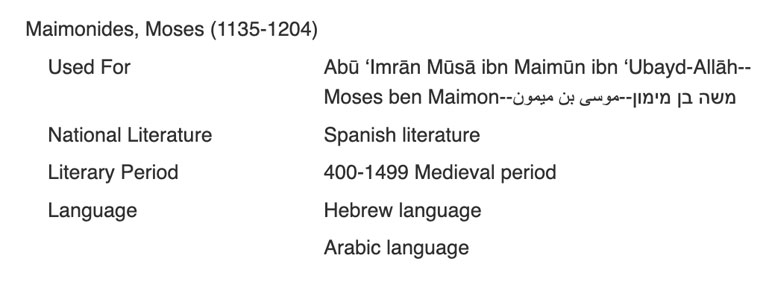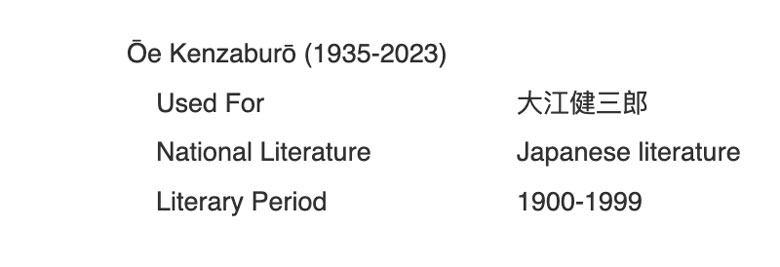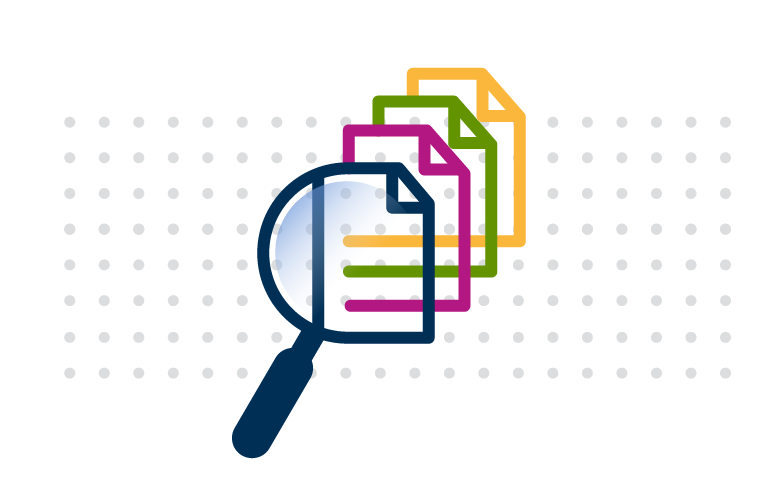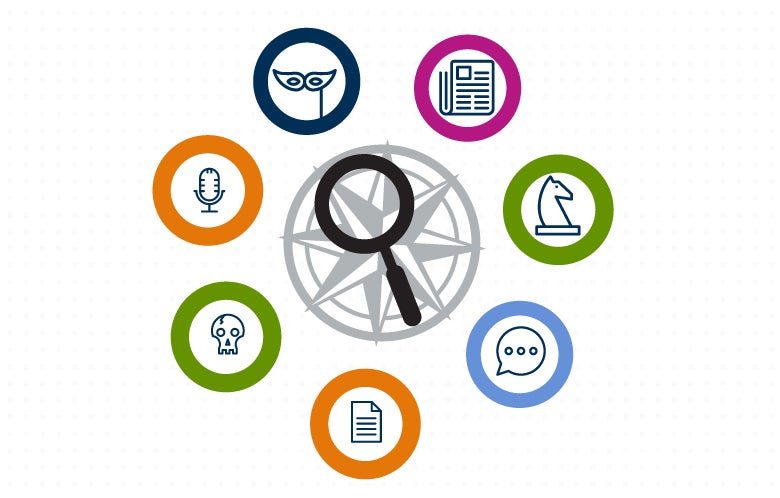EBSCO works with leading organizations, such as the Modern Language Association (MLA), to deliver high-quality, current content in specific subject areas. MLA has subject experts who curate content for literacy, language instruction, etc. We spoke with Greg Grazevich, editor in chief of the MLA International Bibliography (MLAIB), to find out how MLA incorporates diversity, equity and inclusion practices into the creation of the bibliography.
Where does the MLAIB fit in terms of the MLA’s commitment to diversity, equity, and inclusion (DEI)?
The MLA has a longstanding commitment to DEI. Equity and inclusion are two of the associations’ core values, along with advocating for intellectual freedom, fair working conditions, and the value of the humanities. A key responsibility of each section editor on the MLAIB staff is to ensure we are covering scholarship internationally and in all its diversity.
Similarly, our Thesaurus staff work continually to ensure that our controlled vocabulary directs end users to current preferred usage. As editors encounter subject terms referring to groups of people and languages, they consult a wide range of authoritative sources, including the publications we index, for advice on naming and nomenclature. Thesaurus editors also take on special projects that involve assessing clusters of subject terms, for example, descriptors related to racial, gender, and sexual identity.
Would you talk a bit about specific ways bibliography staff work to make the database more inclusive?
One thing we have been doing is adding to our Names Thesaurus, where appropriate, a subject author’s name in non-Latin scripts. So, for instance, here we have the Names Thesaurus entry for the 12th-century philosopher and Torah scholar Moses Maimonides, who wrote in both Hebrew and Arabic, and who contributed greatly to both Jewish and Islamic thought. You can see that we have included his name rendered in both Hebrew and Arabic scripts

Similarly, we see that the record for the Japanese novelist Ōe Kenzaburō includes his name in the Japanese Hiragana script. And here is the entry for the Ukrainian poet Taras Shevchenko, with his name also rendered in Cyrillic.


A lot of work goes into creating a diverse and inclusive database. How has the MLA tackled some of the obstacles that database publishers face?
More than seventy languages are represented in the MLAIB, including English, Arabic, Chinese, French, German, Hebrew, Japanese, Norwegian, Portuguese, Russian, Spanish, and Swedish. The material indexed comes from all over the globe; coverage is truly international.
Another way the MLA seeks to break down barriers and diversify the content indexed in the bibliography is by inviting scholars to submit their own articles for inclusion.
Because of this broad and inclusive scope, the bibliography is an excellent resource for the study of intercultural communication as well as interdisciplinary studies such as comparative literature, gender studies, postcolonial and diaspora studies, and so on.
Accessibility is essential to inclusivity. Can you speak to the MLA’s efforts to address accessibility in its publications?
Absolutely. The accessibility of our publications, including not only the bibliography but our ebooks and MLA Handbook Plus, is a core part of our mission and critical to serving our audience. EBSCO’s commitment to accessibility standards is an important factor in our choice of EBSCOhost and EBSCO Discovery Service as platforms for the MLAIB and the MLA International Bibliography with Full Text.
Is there anything else you’d like to add?
We encourage people to contact us if they know of materials we should be indexing. Print and electronic journals and book series not yet included in the bibliography should be submitted to the MLA Directory of Periodicals.
If anyone is interested in exploring becoming a volunteer field bibliographer, we’d love to hear from you. You can find more information about our network of contributing scholars here.



